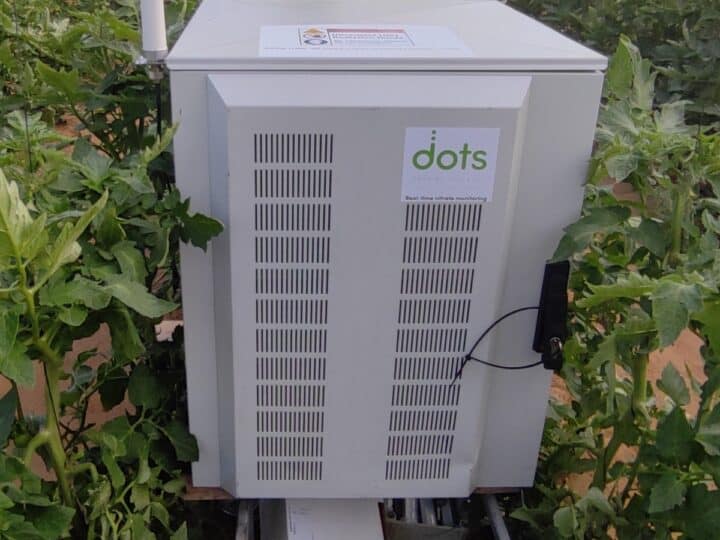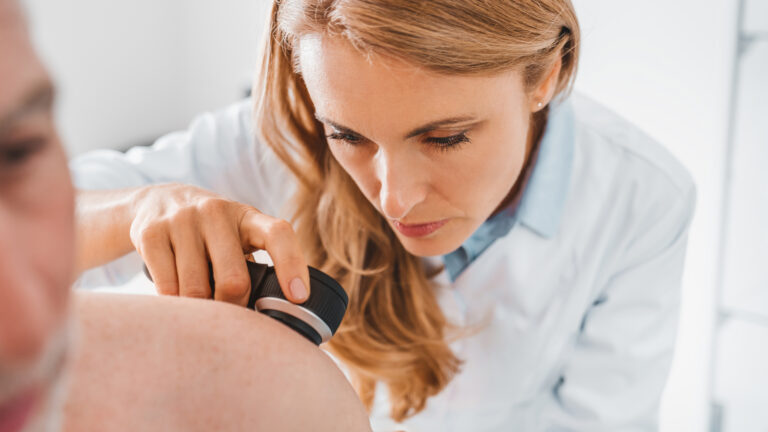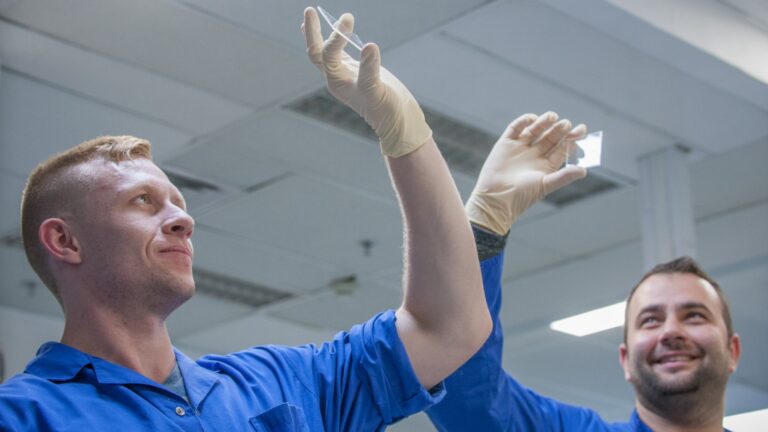Two former Israel Air Force pilots, both passionate athletes, devised a bio-sensing technology embedded in headgear to measure vital signs.
Now, the smart sensors that power their LifeBEAM line of sport caps, visors and helmets are going into Samsung’s future Simband platform for wearable devices to measure heart rate, blood flow, sweat production, calories burned, skin temperature and other fitness parameters.
The idea is to provide a broad spectrum of precision monitoring without weighing down the athlete.
“Chest straps are really uncomfortable, so we’ve taken the technology and put it in an existing wearable,” LifeBEAM marketing manager Cid Carver explains.“You’re already wearing a helmet when you cycle. When you’re running, you already need a hat or visor.”
LifeBEAM’s first product, a smart bicycle helmet ($229), was funded by an Indiegogo crowdsourcing campaign and went on sale in September last year followed by the fitness caps and visors ($99).They’re available from LifeBEAM’s ecommerce platform and vendors all around the world.
Links to devices you already own
The concept for LifeBEAM came from above, quite literally.
“LifeBEAM’s founders, Omri Yoffe and Zvika Orron, were Israel Air Force pilots who thought of this technology and implemented it for pilots’ helmets, and then realized it can be taken from aerospace to our space,” Carver tells ISRAEL21c.
“Our first mission was keeping jet pilots and astronauts safe as they pulled multiple G’s by sensing critical vitals like heart rate, SPO2, blood flow and physical activity during flight,” the founders explain on the company’s website.“The result: the world’s smallest, most accurate and versatile bio-sensors for motion-intensive activities.”
The headgear they designed relies on electro-optical technology to measure heart rate continuously. An optical sensor in the front reads the user’s forehead pulse and transmits a raw signal to the processing unit in the back. The processing unit analyzes the data and sends it to the user’s smartphone or other device. Other sensors in the products accomplish their job in a similar fashion.
Perhaps the most unique aspect of LifeBEAM’s products is their flexible synchronicity with the user’s existing devices.
“Fitbit and Mio are different because they have limited functionality and you have to use their application,” she explains.
“With our product, you can use our app on your phone or you can connect with cycling computers, running watches and other mobile apps you already use. If I have a Garmin watch, for example, I can buy the LifeBEAM helmet and it interfaces beautifully. This gives athletes the freedom and choice to work with what’s most comfortable for them.”
Biometrics in real time
Carver and the rest of LifeBEAM’s staff use the wearables to monitor the effects of their own daily workouts.
Every Tuesday morning,they run together in the park near their Tel Aviv office. And they plan to participate as a company team in the Mountain 2 Valley 20-hour, 215-kilometer relay race scheduled for April 30 to May 1 in northern Israel.
“Everyone in our office is really living LifeBEAM. I don’t mean that we take our work home, but we get to do what we do with products we believe in,” says Carver.
The battery life of the wearables is 15-plus hours, so when she uses them for her Ironman and marathon training, she needs to charge them only every three weeks, she reports. People using the devices for three or four hour-long sessions per week can go a full month without need for charging.
The privately owned and financed company was founded in 2010 and has operation centers in the United States and China.In addition to Samsung, LifeBEAM has partnered with global players in athletic equipment and apparel as well as consumer electronics. The company also provides integration assistance and ergonomics consulting.
Regarding the partnership with Samsung, CEO Yoffe said in an article in The Times of Israel: “Samsung is an innovative company with a vision to power the next wave of bio-sensing applications, and we see the company as one of our most strategic partners in bringing LifeBEAM technology to the consumer market.
https://www.youtube.com/watch?v=LQwOVoaxy6I#t=15
“During our collaboration on the Simband project, we’ve found a valuable synergy between our core capabilities and Samsung’s portfolio of wearable devices. Together, we’re giving consumers the ability to collect, integrate, display and communicate accurate biometrics in real-time. The wide range of applications in sports, health and medicine are very exciting.”
For more information, click here.




















